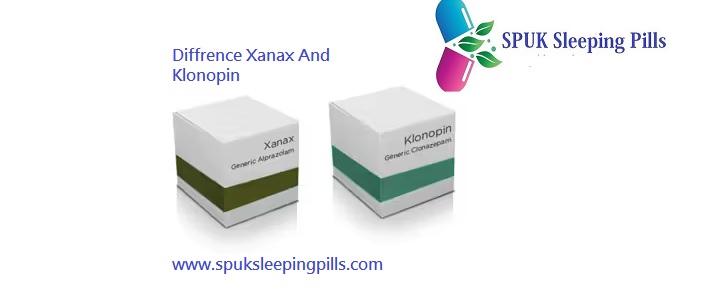Clonazepam 2mg is a medication commonly used to treat anxiety and panic disorders. However, it is also prescribed to treat sleep disorders such as insomnia and sleep apnea. In this article, we will discuss the benefits and risks of using Clonazepam 2mg for sleep.
Benefits of Clonazepam 2mg for Sleep
Clonazepam belongs to a class of drugs called benzodiazepines. It works by enhancing the effects of a neurotransmitter in the brain called GABA, which helps to calm down the nervous system. This calming effect can help people with sleep disorders to fall asleep faster and stay asleep longer.
Research has shown that Clonazepam 2mg can be effective in treating insomnia. A study published in the Journal of Clinical Psychopharmacology found that patients who took Clonazepam for four weeks experienced significant improvement in sleep quality, duration, and latency. Another study published in the Journal of Psychiatric Research found that Clonazepam improved sleep quality in patients with anxiety and insomnia.
Clonazepam 2mg is also used to treat sleep apnea, a condition in which a person’s breathing is interrupted during sleep. A study published in the Journal of Sleep Research found that Clonazepam reduced the frequency of apneas and hypopneas (breathing interruptions) in patients with sleep apnea.
Risks of Clonazepam 2mg for Sleep
While Clonazepam can be effective in treating sleep disorders, it also carries some risks. It is a potent medication that can cause sedation, drowsiness, and impaired coordination. This can be particularly dangerous for people who drive or operate heavy machinery.
Clonazepam is also a habit-forming medication. Prolonged use can lead to physical dependence, which means that a person may experience withdrawal symptoms if they stop taking the medication suddenly. Withdrawal symptoms can include anxiety, insomnia, irritability, and seizures.
Finally, Clonazepam can interact with other medications, including antidepressants, antihistamines, and alcohol. These interactions can increase the sedative effects of Clonazepam and increase the risk of adverse effects.
Conclusion
Clonazepam 2mg can be an effective medication for treating sleep disorders such as insomnia and sleep apnea. It works by enhancing the effects of GABA, which helps to calm down the nervous system. However, Clonazepam carries some risks, including sedation, physical dependence, and interactions with other medications. If you are considering taking Clonazepam for sleep, it is important to discuss the benefits and risks with your healthcare provider to determine if it is the right treatment for you.



